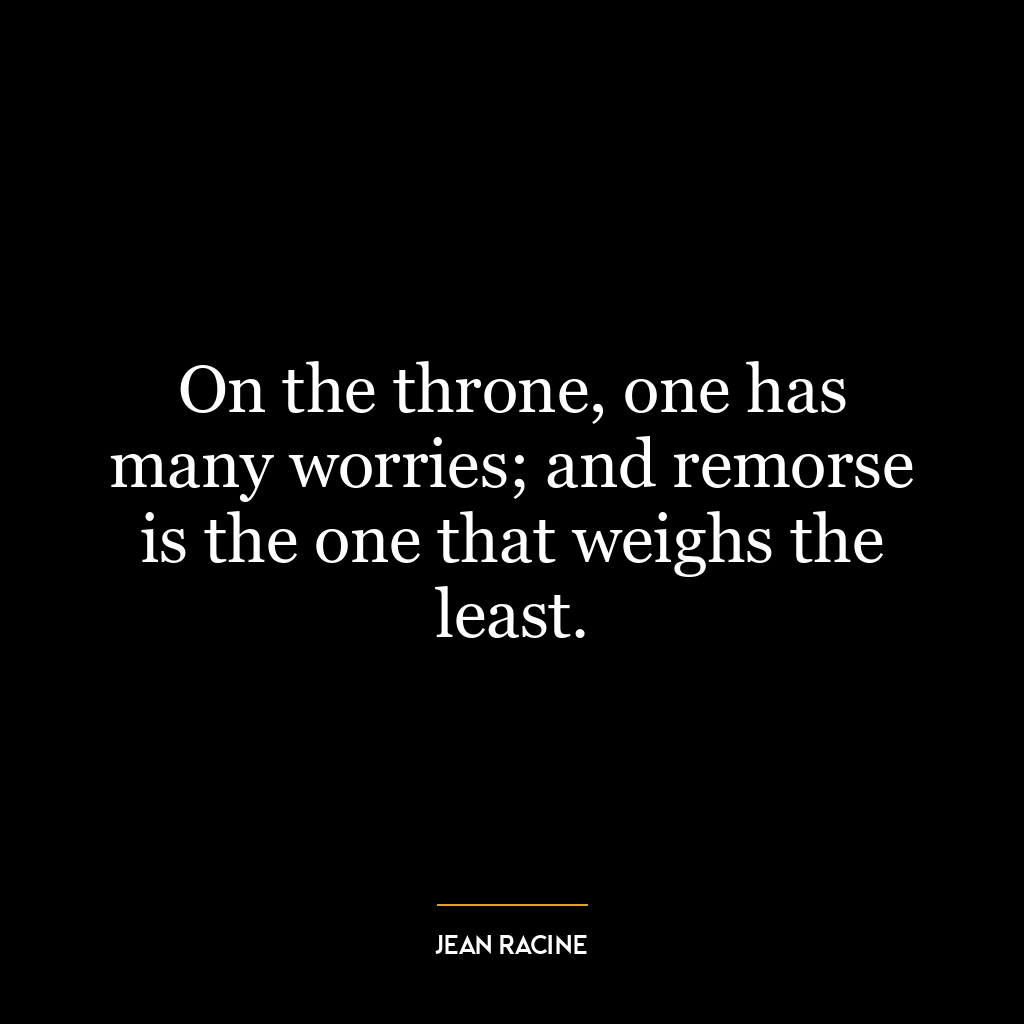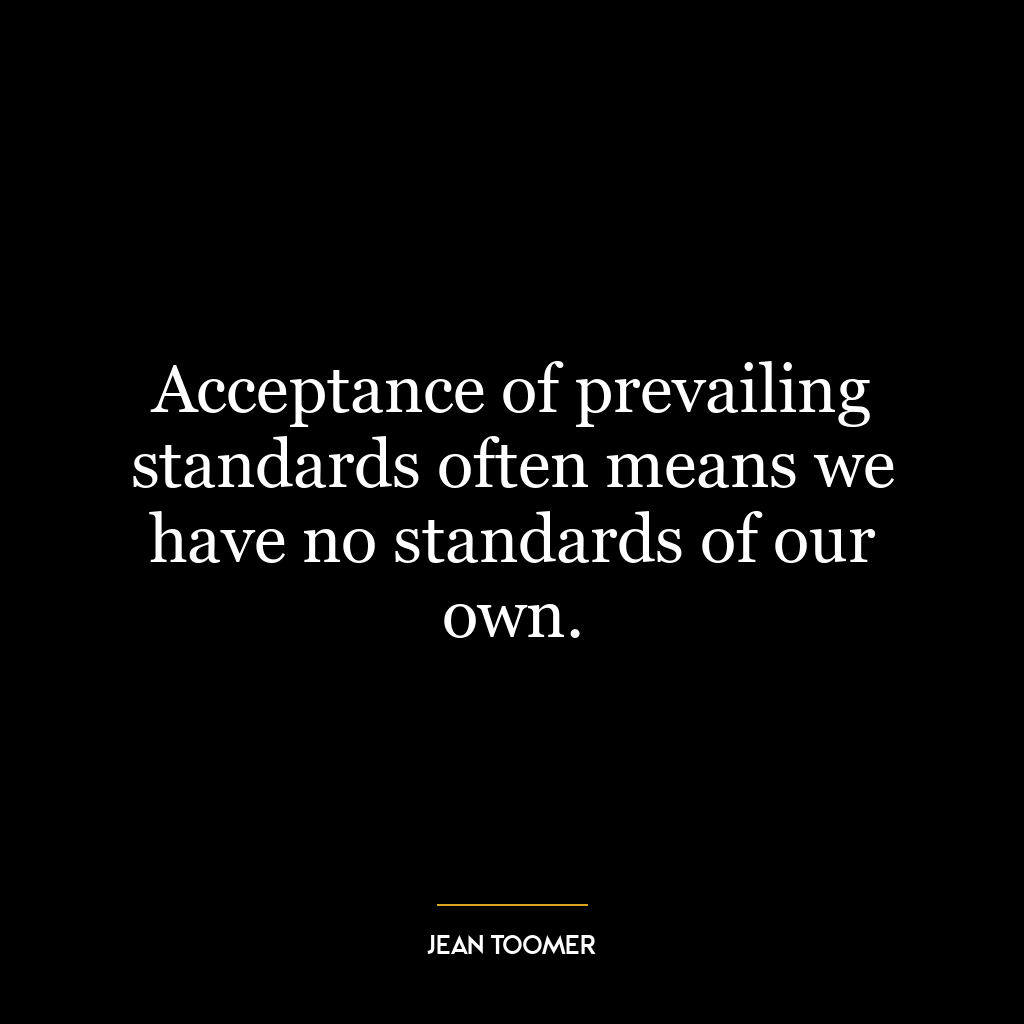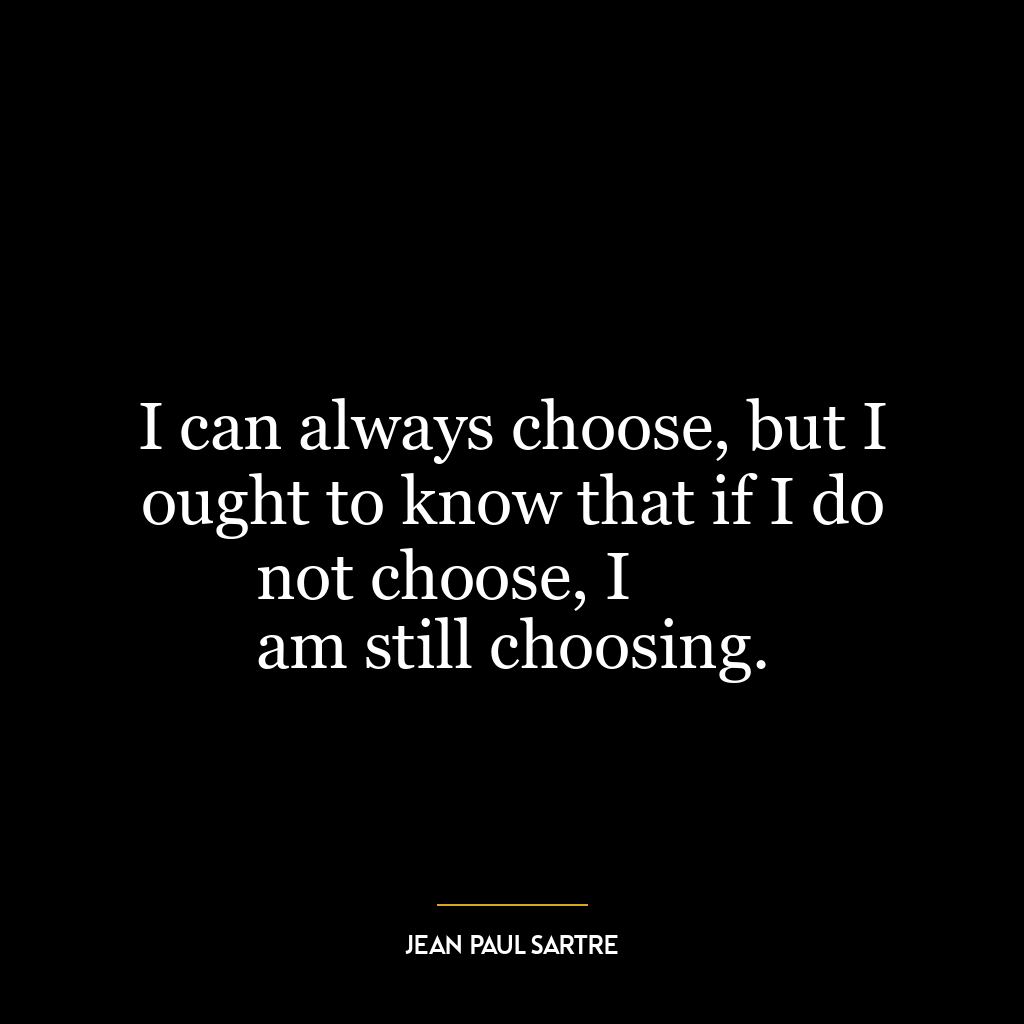A man ain’t got no right to be a public man, unless he meets the public views.
This quote essentially means that a person shouldn’t hold a public position or office unless they align with the views and values of the public they represent. It’s a profound statement about the nature of representative democracy, suggesting that a public official’s primary responsibility is to reflect and uphold the beliefs, values, and desires of their constituents, rather than imposing their own personal views or agenda.
The quote also touches on the idea of accountability in public service. If a public official’s views don’t align with those of the public, then they’re not truly serving their constituents. They’re serving themselves or a select group, which contradicts the essence of public service.
Applying this quote to today’s world, it can be seen as a critique of politicians or leaders who do not listen to the needs and views of the people they represent. In an era where public trust in politicians is often low, this quote is a reminder that public officials are meant to serve the public, not their own interests.
In terms of personal development, this quote can be interpreted as a call for empathy, understanding, and alignment with others. If one aspires to be a leader in any capacity, they should strive to understand and meet the views of those they lead. This doesn’t mean compromising one’s own values, but rather finding a common ground and working towards shared goals. Just as a public official should represent their constituents’ views, a good leader should represent and respect the views of their team.








